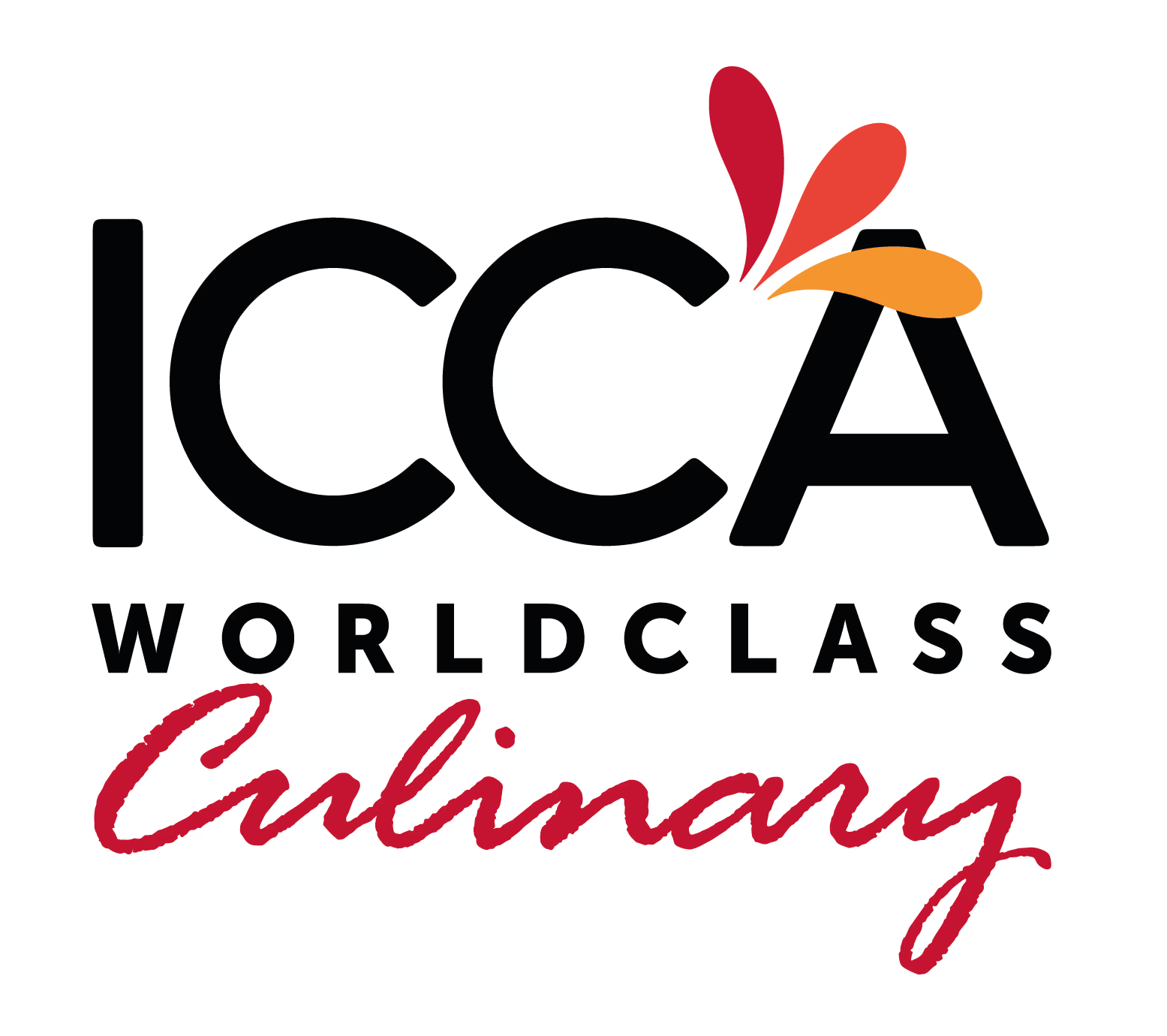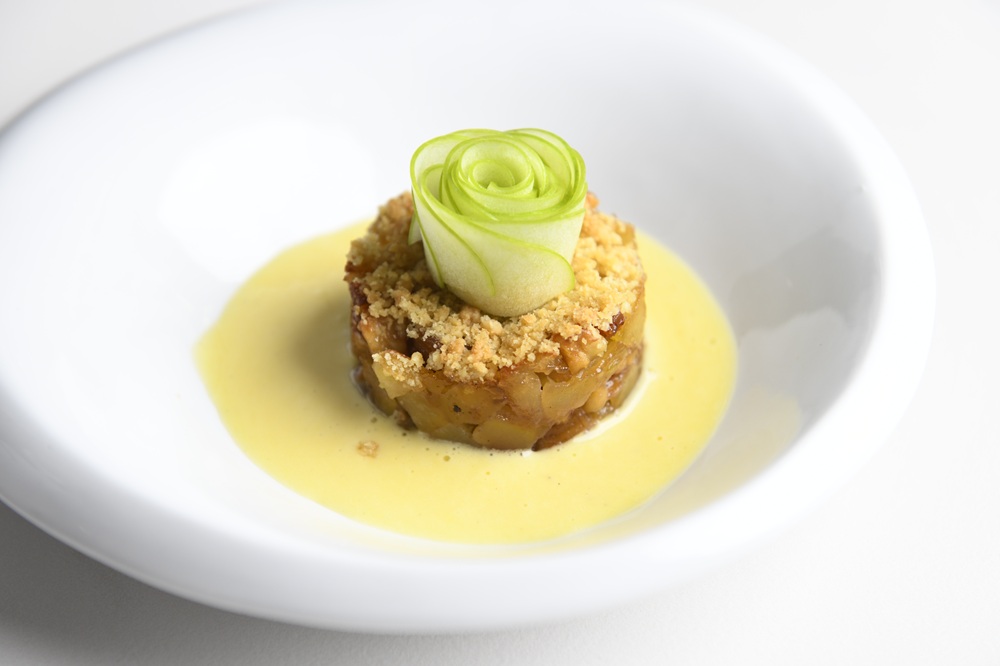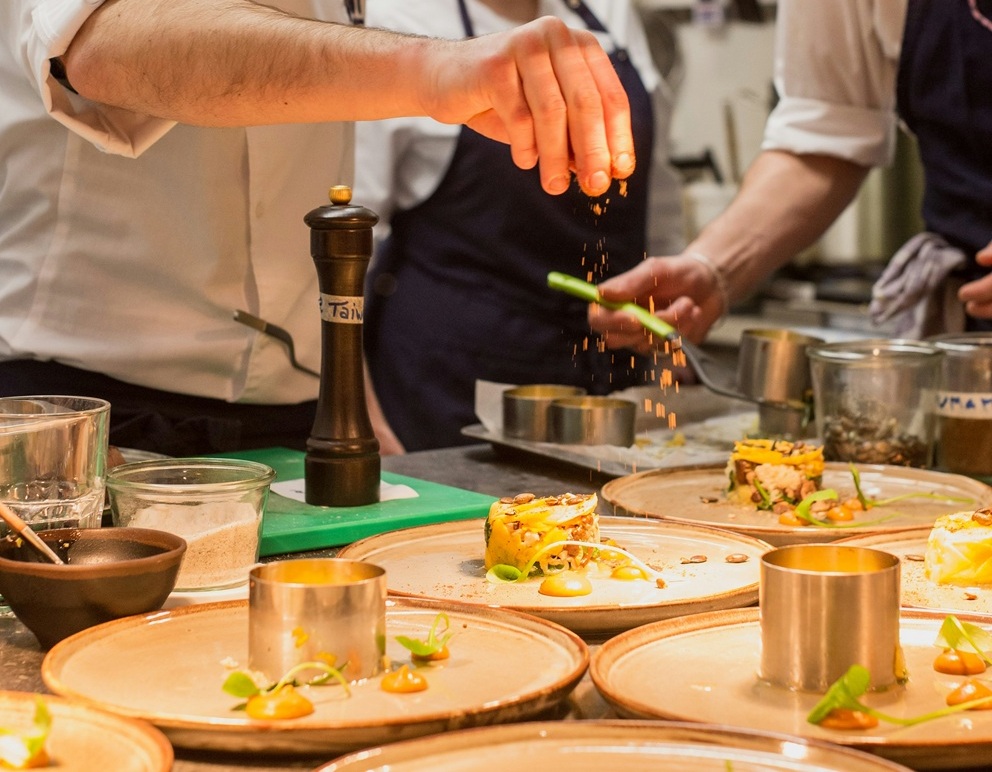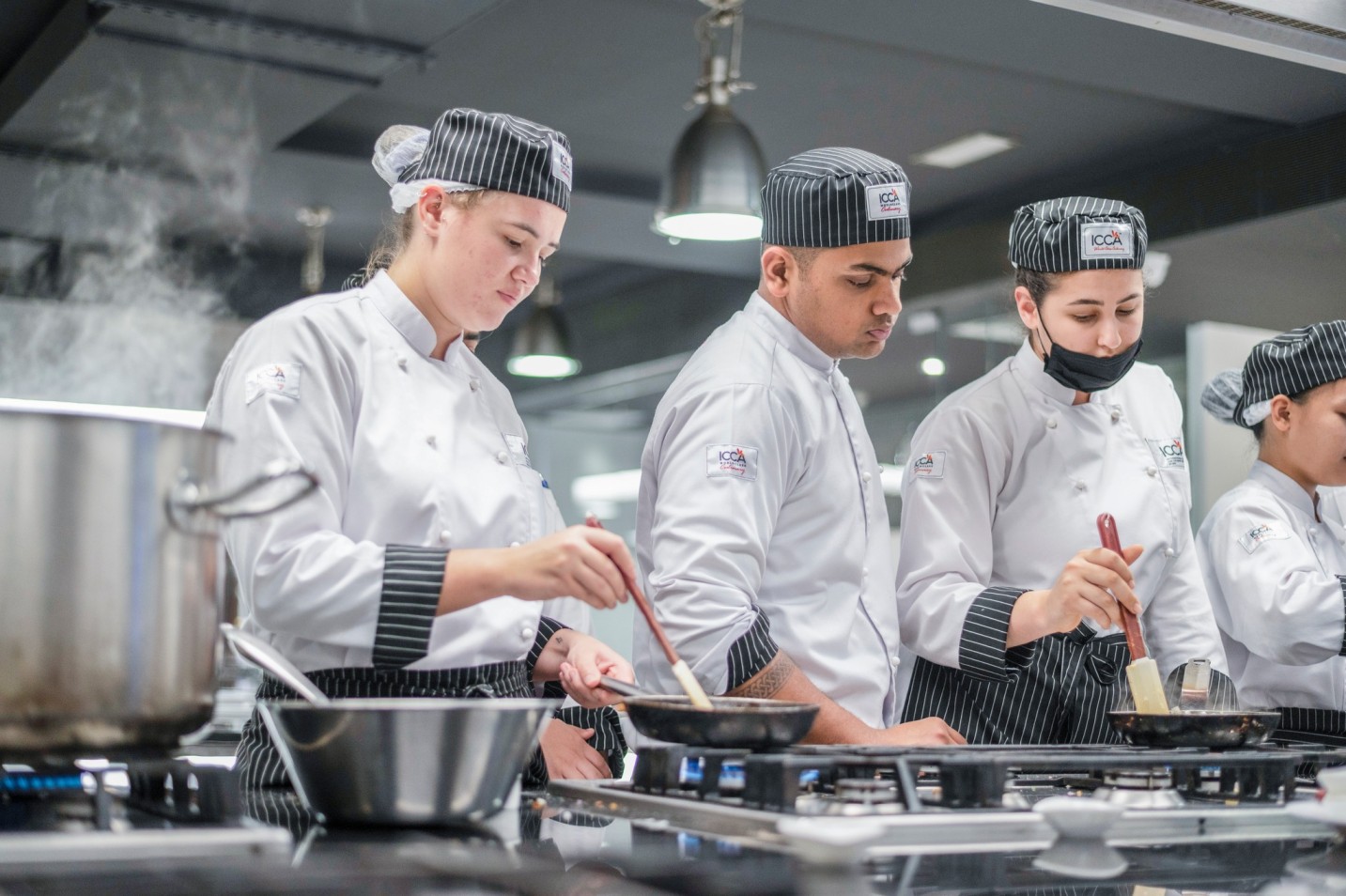All cooking schools offer training on the basics of the trade, but they vary in terms of teaching beyond those foundational techniques. This is why figuring out which culinary school in Dubai suits you best requires a lot of effort, time, and research.
If you’re planning to pursue a career in the culinary arts, there will come a time when you’ll be asked whether you’ll attend a culinary school.
Many old-school chefs attest to the importance of real-life experiences you can only get from working at an actual restaurant. In fact, some of them might even claim that this is much more critical than anything you’ll ever learn inside a classroom.
Industry experience is necessary to become a great chef. However, a lot of present-day culinary gurus hold culinary degrees and diplomas, sparking an emerging pattern of success that has eventually made formal schooling a necessary investment for aspiring chefs.
In short, since more top chefs graduate from culinary schools, they are more likely to hire people with similar credentials.
All cooking schools offer training on the basics of the trade, but they vary in terms of teaching beyond those foundational techniques. This is why figuring out which culinary school in Dubai suits you best requires a lot of effort, time, and research.
To help you out, here’s an article designed to serve as your guide in choosing which culinary school to enrol in, according to your circumstances.
1.) Consider the Areas of Speciality Being Offered
One important thing that potential students must consider when choosing a culinary learning institution is the available areas of specialization being offered. This means that at least one of the culinary programs being offered at a school you plan to enrol in should be aligned with your interests.
You see, the different specializations provide chefs with the necessary drive to tread the career path they’ve chosen. It gives them direction and fuels their journey with interest and passion. This is why culinary students who have chosen their specialization beforehand are more likely to become successful both in their studies and future career in culinary arts.
2.) Know the Differences Between Various Cooking Schools
There are plenty of schools that offer programs related to cooking, but do you know that an institute, a school, and a class in culinary arts have different characteristics?
Culinary institutes provide cream-of-the-crop learning for serious up-and-coming culinary professionals who want their skills honed and certified. These establishments usually offer diploma, degree, or certificate programs that can last for as short as two months or as long as four years.
Meanwhile, cooking schools are establishments that are smaller than institutes but offer specialized training for their students. This type of establishment only offers certificate or diploma programs, with program lengths ranging between two months to four years, as well.
Cooking classes, on the other hand, are the simplest and shortest out of the three. These don’t award diplomas after completion, but they can provide additional knowledge for serious cooks who want to apply what they learn in their own kitchens. These often come in the form of short seminars and training that lasts between one or two days to two months.
3.) Factor in the Cost and Length of the Program
Now that you know the difference between cooking institutes, schools, and classes, it’s time to consider the cost and length of the program you should enrol in.
If you’ve already figured out that you want to cook for a living, then degree programs are the better choice for you. Although these require more time and may cost more, too, these programs offer comprehensive education in the culinary arts, making them the most viable option for serious chefs.
But if you’re planning a career shift from an entirely different industry to cooking, diploma programs are the better choice since these can be completed in less than a year. These programs are also the most viable option for people who are looking to start working in the culinary industry as soon as possible.
4.) Look for Accreditation
One thing that can help ensure that you get the best possible education from a culinary school is their accreditation .
Take institutions in the United States, for example. Establishments offering culinary courses that have accreditation from the American Culinary Federation (ACF) have better reputations. This is because they undergo a rigorous evaluation that checks their facilities, curriculum, certification of instructors, and student-teacher ratios, among others.
In short, accreditation serves asa seal of approval from authorities in the culinary industry. This will give you the confidence and peace of mind that the accredited establishment you enrol into – whether it’s a full cooking course or a specialized pastry program – adheres to the best practices and standard of instruction for the best culinary arts education.
Here at ICCA Dubai, all our programs are accredited by the City and Guilds, London. We have also been recognized by the World Association of Chefs Societies (WorldChefs) and the programs delivered here are approved by the Knowledge and Human Development Authority (KHDA) of the Government of Dubai.
5.) Check Their Industry Reputation
By definition, reputation covers the image a culinary school maintains. It is an explicit attribute that can be determined through reviews and testimonials from former students.
It also covers the role the culinary school is playing within the community. This includes factors like:
- Student placement in jobs and externships
- Student-to-teacher ratio
This information should be easily accessible via the school website or social media channels. It can come in the form of pictures and videos, as well as third-party reports.
6.) Ask About Their Graduates
Aside from asking about career services culinary schools can offer, you should also find out what their alumni are doing after finishing specific cooking programs.
Focus on their typical alumni and avoid lingering too much on the famous chefs and biggest success stories attached to the name of the school. This way, you’ll get a more authentic view of what your career could potentially be after you finish the program.
Enroll at ICCA Today
Whether you’re planning a career shift or just figuring out what you want to do in life, the path to the culinary industry is a viable option you can consider, especially if you have a keen interest in the culinary arts. While it may be challenging at first, choosing the best school to trust with your education can affect your success rate greatly.
Make an inquiry at ICCA today to find out how you can achieve your dreams in the culinary arts.









